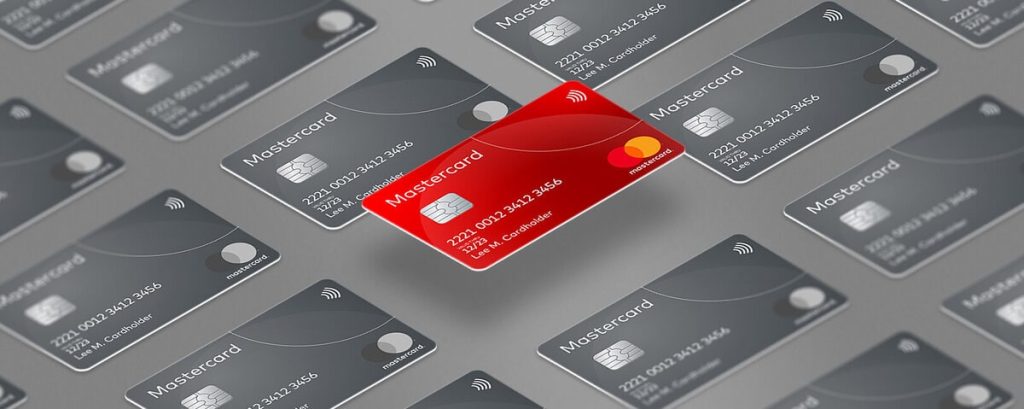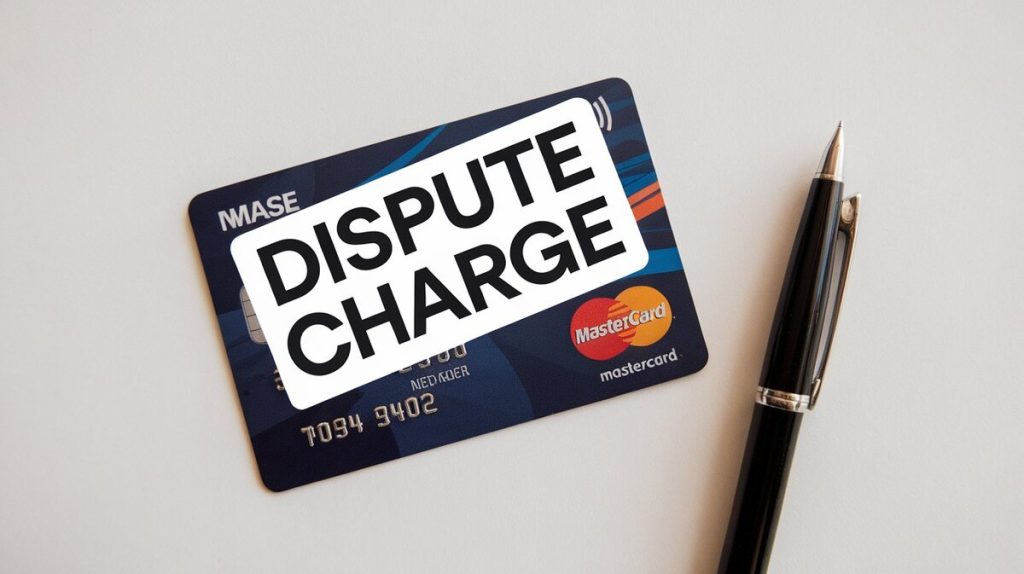Credit card disputes are a vital mechanism for consumers to protect themselves from unauthorized charges, billing errors, and undelivered goods or services. This guide outlines the process of disputing a Mastercard charge, offering practical steps, legal context, and tips to avoid common issues.
Understanding Mastercard Disputes
What is a Credit Card Dispute?
A credit card dispute occurs when a cardholder challenges a transaction on their billing statement. Common reasons include:
- Unauthorized charges: Transactions not made by the cardholder.
- Billing errors: Incorrect amounts or duplicate charges.
- Non-receipt of goods/services: Paid-for items that were not delivered.
A 2021 report by Experian highlights that 48% of disputes involve unauthorized charges.
Legal Framework: The Fair Credit Billing Act (FCBA)
The Fair Credit Billing Act (FCBA) protects consumers from unfair billing practices:
- Disputes must be filed within 60 days of the statement date.
- Issuers have 90 days to resolve disputes.
- Cardholders may be liable for up to $50 in unauthorized charges, but many issuers, including Mastercard, offer zero liability protection.
Steps to Dispute a Mastercard Charge
Step 1: Review Your Billing Statement
Ensure the charge in question has been posted to your account. Pending transactions cannot be disputed.
Step 2: Contact the Merchant
Resolve the issue with the merchant first. According to Visa’s chargeback management guidelines, contacting the merchant resolves up to 45% of disputes.
Step 3: Initiate the Dispute with Mastercard
If the merchant cannot resolve the issue, file a dispute with your card issuer. This can be done online, by phone, or through the mail. Provide all necessary documentation, such as receipts and emails.

What Happens After You File a Dispute?
Investigation Process
Once a dispute is filed, the issuer investigates. This process can take up to 90 days. During this period, the disputed amount is often temporarily credited to your account. If resolved in your favor, the credit becomes permanent.
Table 1: Credit Card Dispute Investigation Timeline
| Issuer | Investigation Duration | Temporary Credit | Final Resolution |
|---|---|---|---|
| Mastercard | Up to 90 days | Yes | Yes |
| Visa | Up to 90 days | Yes | Yes |
| American Express | 6-8 weeks | Yes | Yes |
| Discover | 60 days | Yes | Yes |
Impact on Your Credit Score
Disputes do not typically affect your credit score. However, unresolved disputes can lead to late payments, which may negatively impact your score.
Common Reasons for Disputes
Unauthorized Charges
Unauthorized charges are the most common reason for disputes. 48% of disputes are due to unauthorized charges, according to Mastercard.
Billing Errors
Billing errors include incorrect amounts, duplicate transactions, or charges for canceled services. 23% of disputes result from billing errors.
Non-Receipt of Goods/Services
About 17% of disputes involve non-receipt of goods or services.
Table 2: Breakdown of Common Dispute Reasons
| Reason | Percentage of Total Disputes |
|---|---|
| Unauthorized Charges | 48% |
| Billing Errors | 23% |
| Non-Receipt of Goods/Services | 17% |
| Quality Issues | 12% |

Tips to Avoid Disputes
Minimize the need to dispute charges by following these tips:
- Monitor your account regularly: Check billing statements and your online account for unauthorized charges.
- Keep detailed records: Save receipts, emails, and correspondence related to purchases.
- Verify merchants: Ensure merchants are reputable before making purchases. A quick online search can reveal customer reviews.
- Use secure payment methods: Use secure payment methods, such as digital wallets, which offer additional protection.
Partner Spotlight: Merchanto.org
For businesses looking to prevent chargebacks, Merchanto.org offers chargeback prevention solutions as an official partner of Visa and Mastercard. Their services include real-time alerts and advanced analytics to help manage disputes. Learn more here.
Conclusion
Disputing a Mastercard charge can be straightforward if you follow the correct steps and understand your rights under the FCBA. Act quickly, follow up, and maintain thorough records to ensure disputes are resolved fairly.
Final Thoughts
- Act quickly: File disputes as soon as you identify an issue.
- Follow up: Stay in contact with your card issuer and the merchant.
- Know your rights: Understanding the FCBA and your card issuer’s policies is crucial.
These steps can help ensure that your disputes are resolved efficiently and protect your financial well-being.



